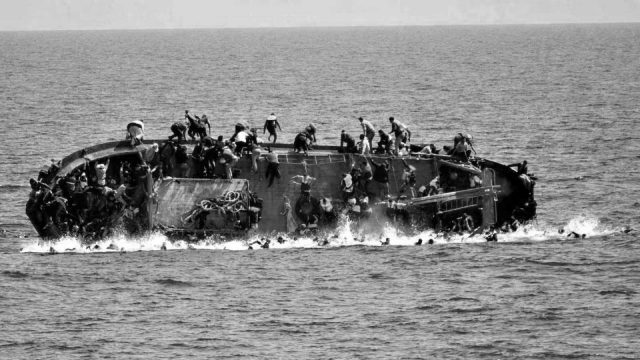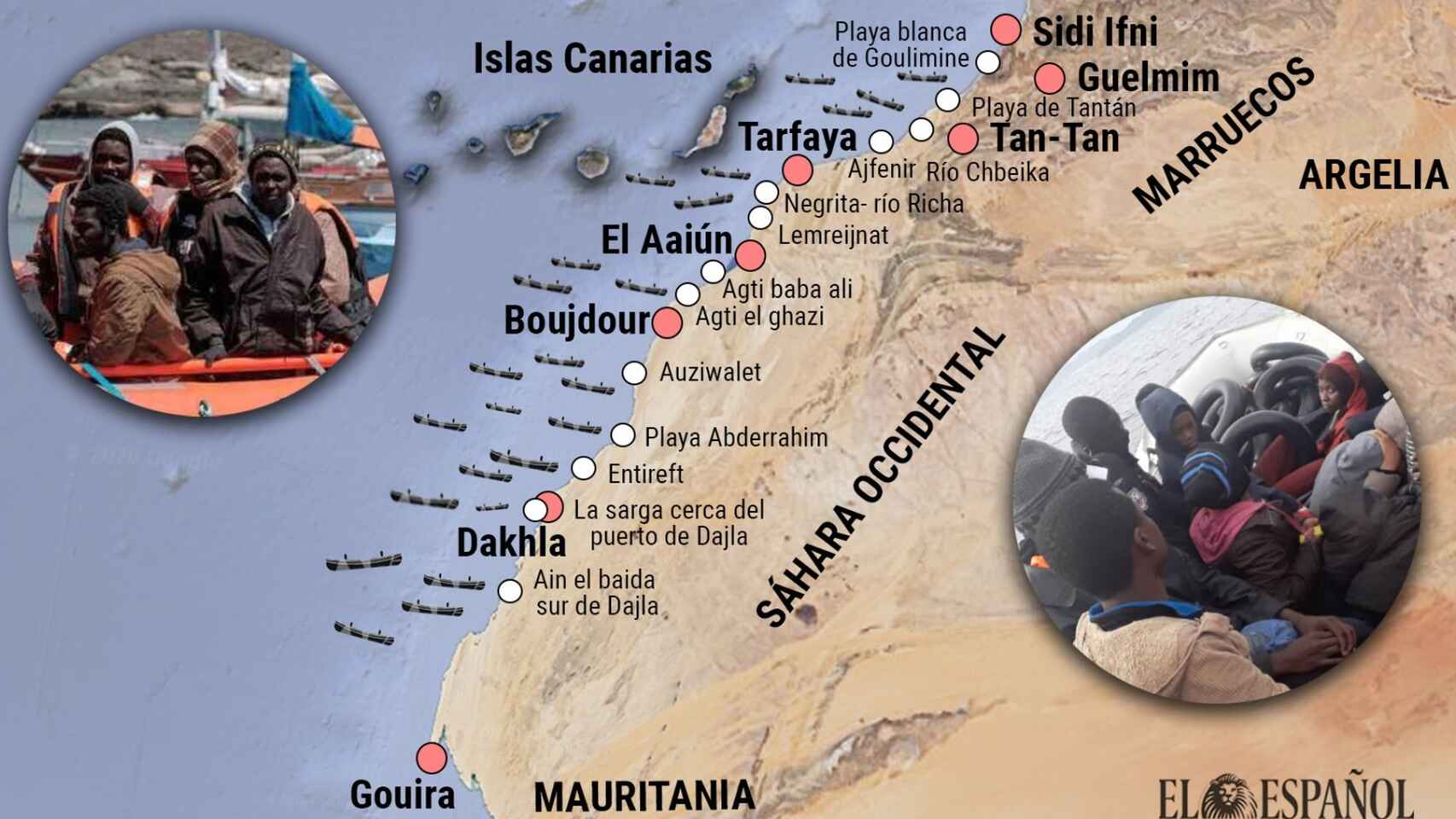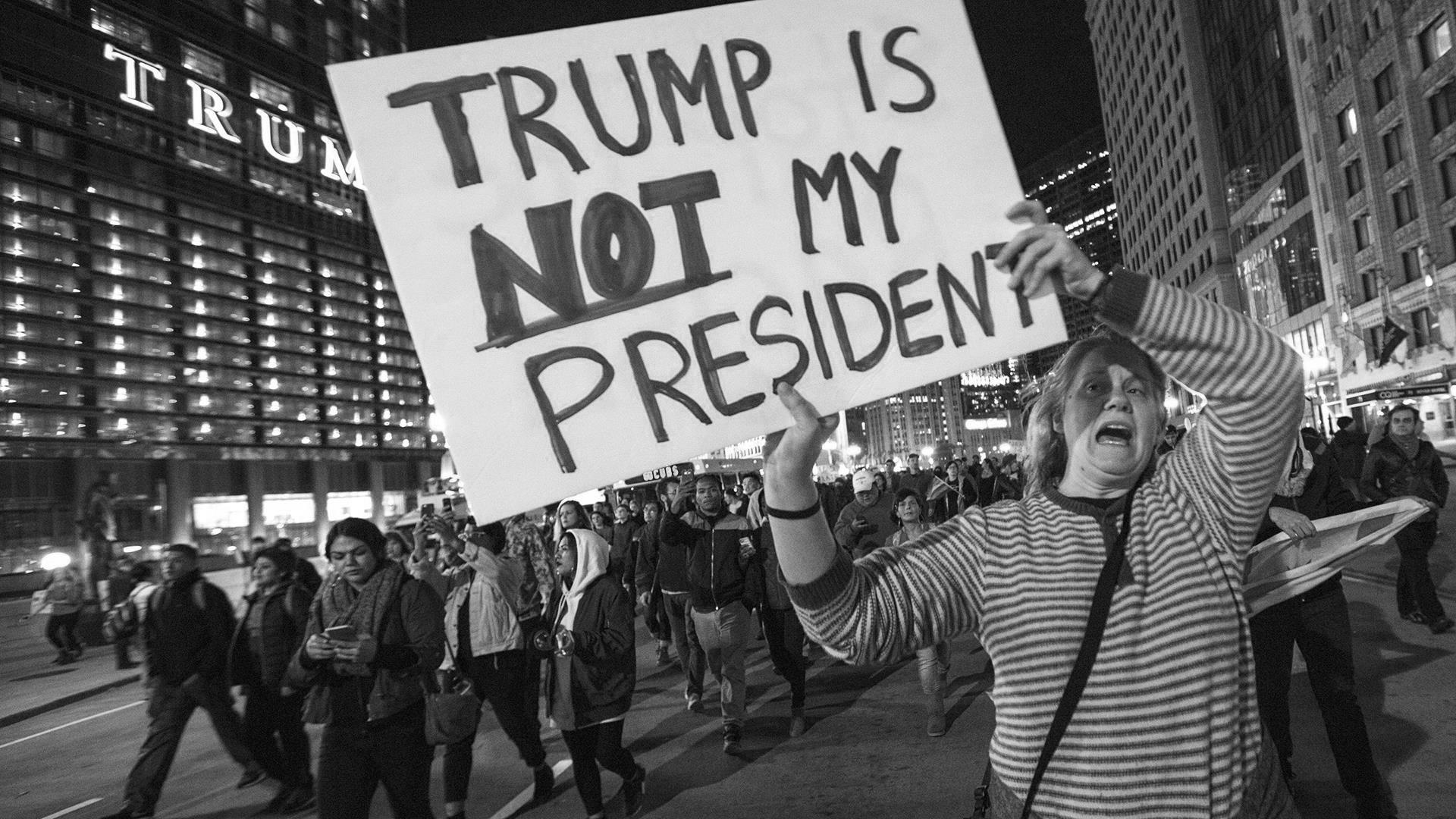The big media networks generally dictate which issues are debated by the public opinion worldwide and which are not. In the case of migration crises, the Venezuelan exodus or the humanitarian tragedy on the gringo-Mexican border always prevails. However, a fairly invisible issue is everything that happens in the Mediterranean Sea. Yes, it is reported, but it is immediately downplayed.
Between Tuesday 10 and Thursday 12 of November, four shipwrecks claimed the lives of at least 110 migrants. This includes 74 people whose bodies were washed up on al-Khums beach in western Libya.
According to the International Organization for Migration (IOM), on the 12th of November a boat carrying at least 121 people was wrecked. Although the coastguard and fishermen carried 47 survivors to land, another 74 bodies were floating in the sea, including women and children.
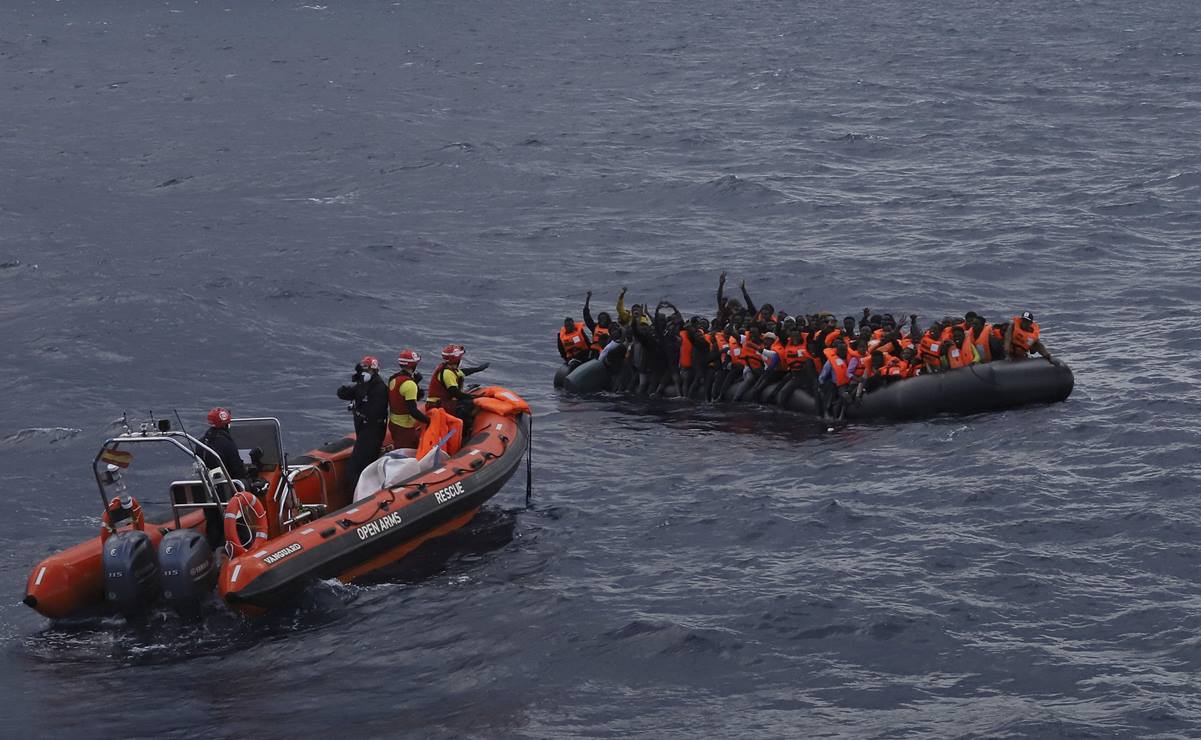
Hours after that rescue, the NGO Doctors Without Borders (MSF) helped three women who survived another shipwreck. On this occasion, at least 20 migrants drowned off the coast of Sorman, also in Libya.
«Rescued by local fishermen, they were in shock and terrified», MSF wrote on Twitter. «They saw their loved ones disappear under the waves, die in front of their eyes», reported The Guardian.
But these were not the only cases. Human traffickers take advantage of the autumn season to send hundreds of migrants to the sea in these weeks. According to several humanitarian NGOs contacted by the British newspaper, most trips end in tragedy.
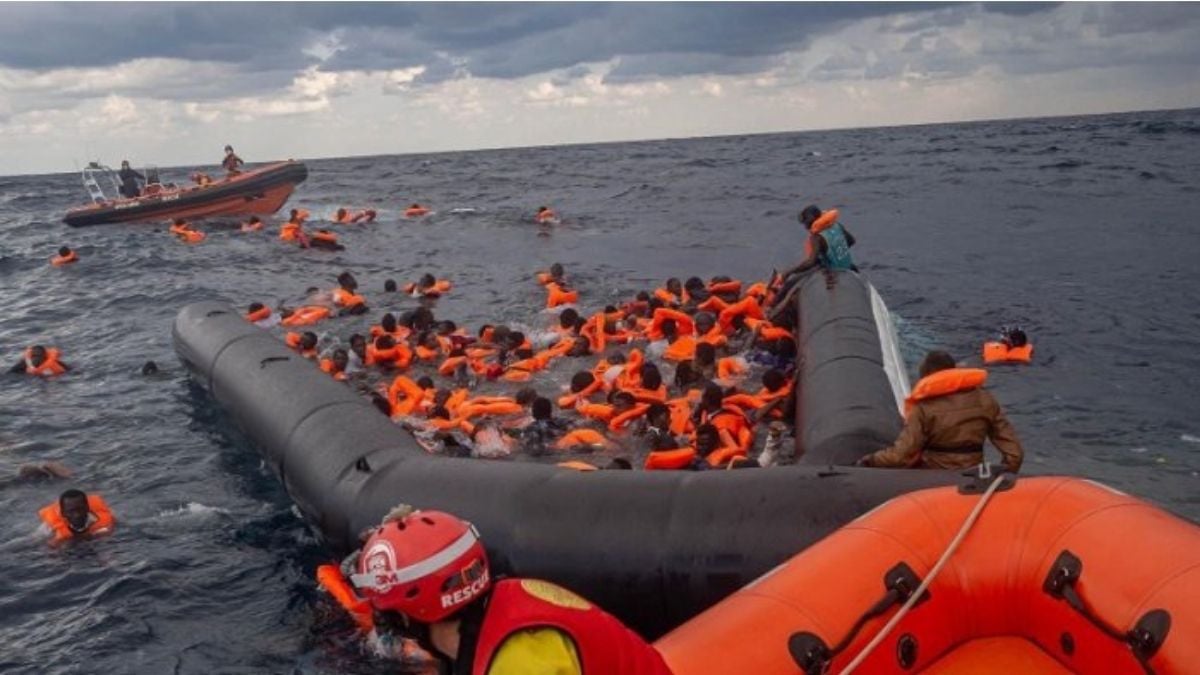
Shipwrecks of death
On Wednesday, November 11, six people died after the boat in which they were traveling overturned with a hundred migrants. The tragedy also occurred off the Libyan coast and a six-month-old baby was among the victims.
Although he survived the shipwreck, the infant died aboard a rescue boat. At least five other asylum seekers died as a result of that incident.
«This is a massacre on the borders of Europe», said a spokesman for Alarm Phone, a hotline for migrant ships in distress. «What else can we say? We have called for radical changes for years and the dying continues. It’s devastating».
For its part, Open Arms wrote on Twitter: “Despite the enormous commitment of our medical team, a six-month-old baby has just died. We requested an urgent evacuation for him and other people in serious condition, but it was not achieved. It’s painful!”.
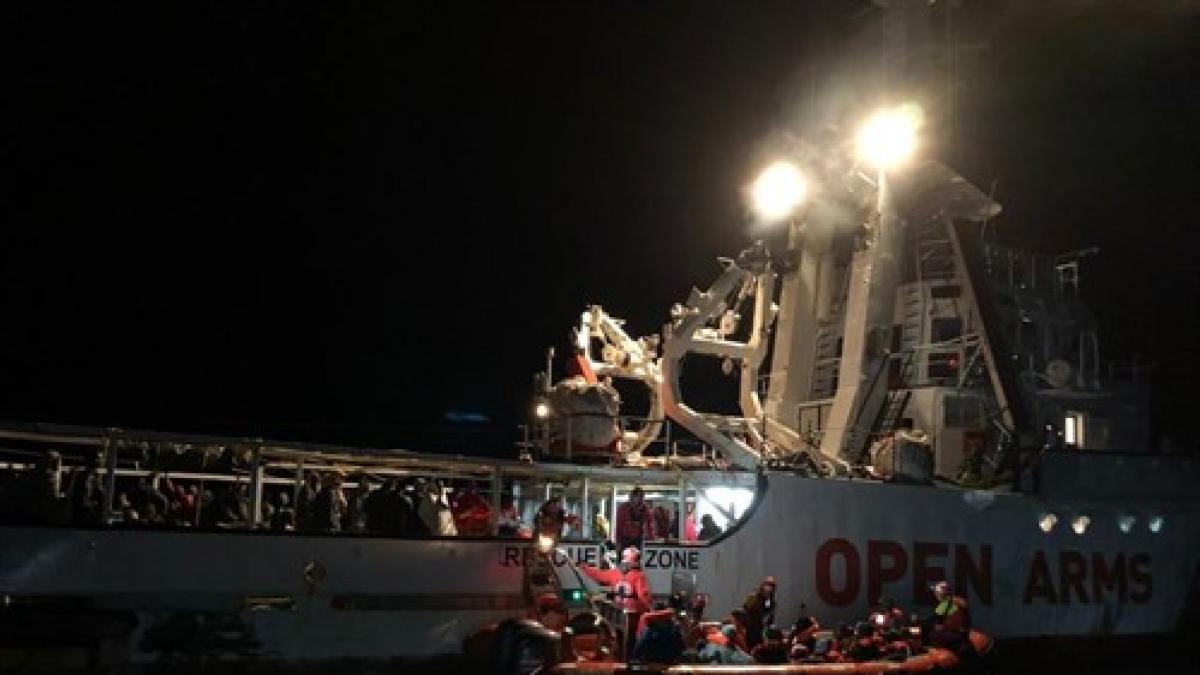
The boat had allegedly left Sabratha, Libya, but began to deflate after a few hours. After a patrol plane from the European agency Frontex raised the alarm, the Open Arms ship quickly intervened.
«When our rescuers arrived, they found themselves in front of a dramatic scene», said Riccardo Gatti, president of Open Arms Italia. «Hundreds of people were found in the water, in the open sea, some were children».
Seeing the baby’s condition, they asked the Maltese and Italian authorities to evacuate him for medical treatment. However, when the Italian coast guard arrived, he was already dead.
“All this happened a few kilometers from an indifferent Europe. Instead of preparing a structured search and rescue system, they continue to bury their heads in the sand, pretending not to see the cemetery that the Mediterranean Sea has become”, the NGO denounces.
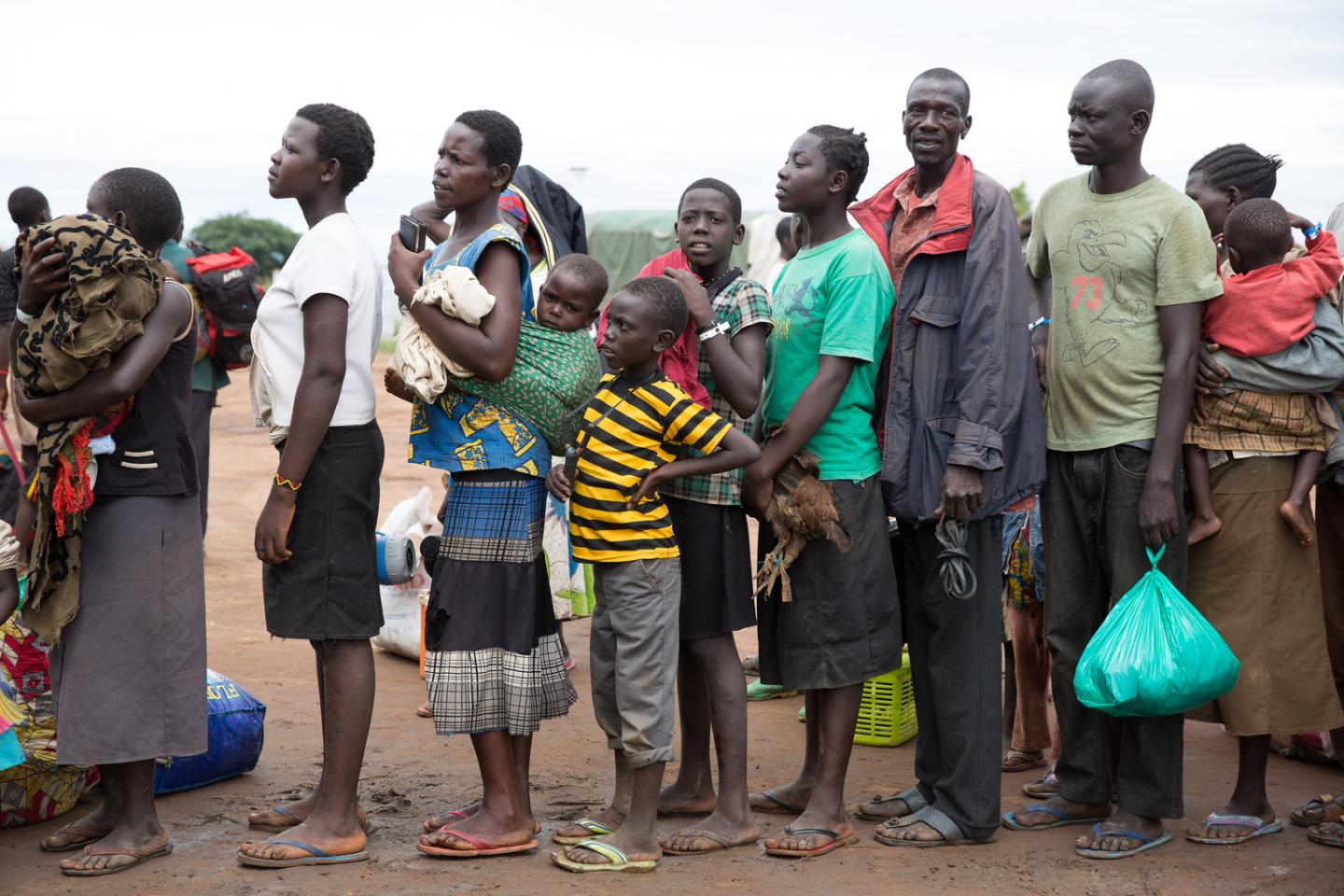
A drama that repeats itself in the Mediterranean
On Tuesday, November 10, another child, whose age is unknown, was among the 13 people killed in another shipwreck. The eleven survivors were returned to Libya, reported IOM spokesman Flavio Di Giacomo, quoted by The Guardian.
In 2020 alone, «more than 10,300 migrants have been intercepted at sea and sent back to dangerous Libya», laments Di Giacomo. He even pointed out that 575 people died in the central Mediterranean, although the real number is considerably higher.
Open Arms is currently the only NGO rescue ship operating in the central Mediterranean. Many other rescue boats are blocked in Italian ports because the authorities refuse to authorize their departure.
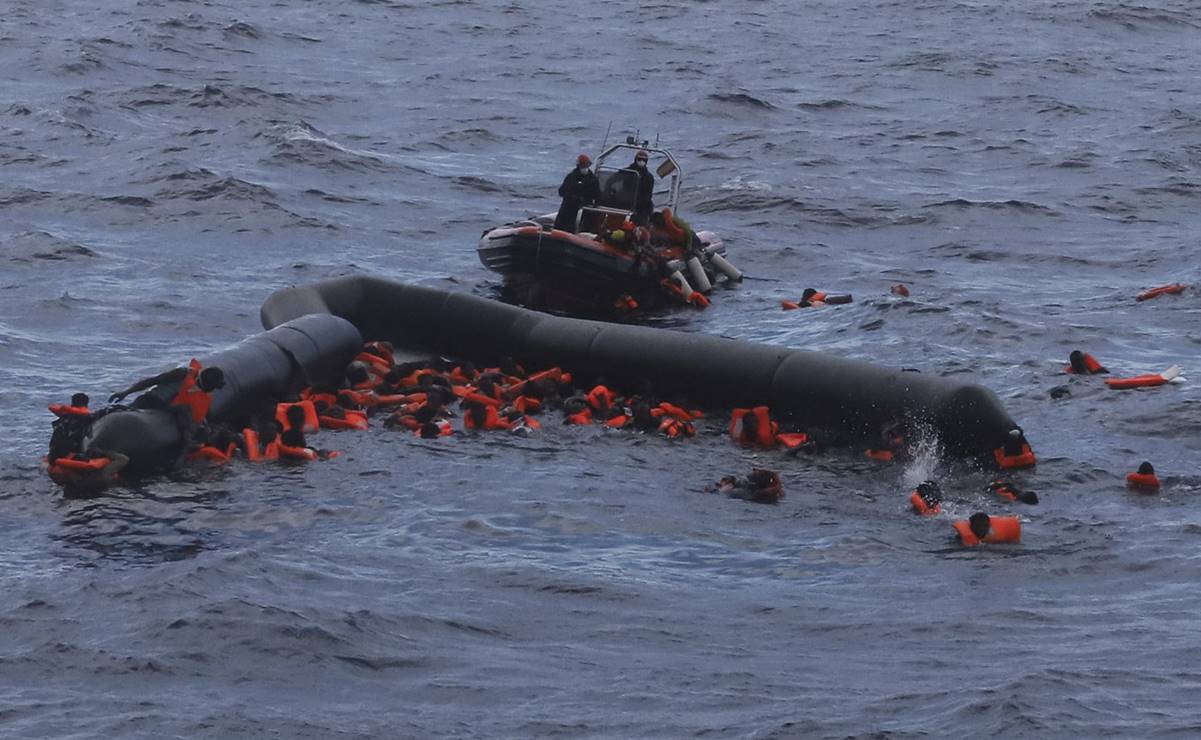
«European Union, are you looking at this?», MSF wrote on Twitter. «Increase search and rescue capabilities, or save lives».
Earlier, on October 30, the UN Refugee Agency (UNHCR) called for renewed efforts to combat human trafficking gangs. That day, at least 140 migrants drowned off the coast of Senegal. It is the deadliest shipwreck on record this year.
All of these deaths come amid a huge increase in the number of migrants and refugees using the dangerous Atlantic route from Africa to the Canary Islands.
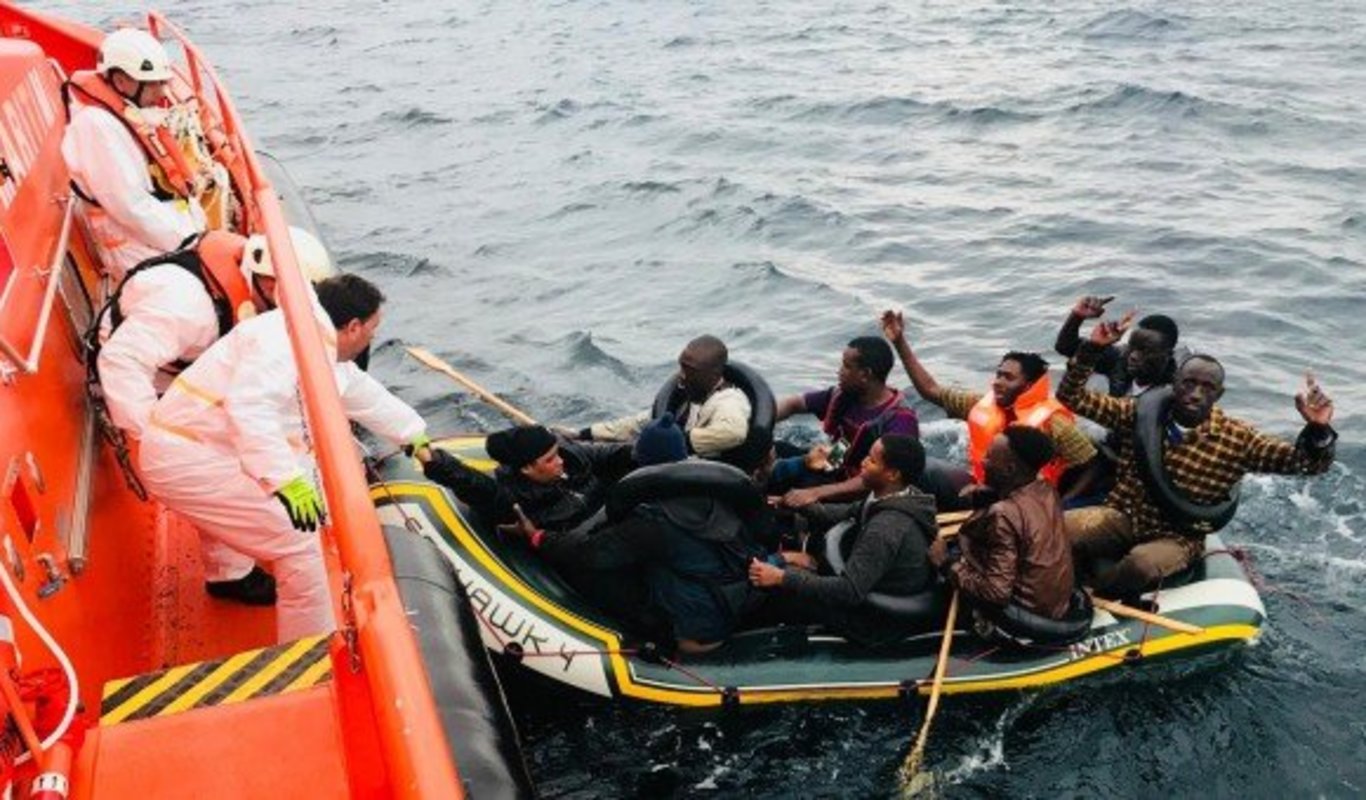
The deadliest shipwreck of the year
IOM reported that a boat carrying 200 people left Mbour, Senegal, bound for the Canary Islands. Within a few hours of travel, the boat caught fire and sank near Saint-Louis.
A total of 59 were rescued by nearby fishing boats and the Senegalese and Spanish navies. But, only 20 lifeless bodies were recovered. A survivor stated that it had been impossible to count the number of passengers on the boat.
According to British media, before being handed over to the Senegalese authorities, the 20-year-old declared: «When it exploded, not everyone was able to escape and survive». He then described how he grabbed a plastic drum, threw it into the water, and then dove after it.
“It was a fight over the cans (…) I spent three hours holding on to it. When the boat exploded I saw people, possibly dead, on both sides of me, but I was just thinking about surviving”, he said.
That incident preceded another that occurred on Monday, November 2. That day, a Senegalese navy ship collided with another full of migrants trying to escape. According to the authorities, they were only able to save 39 people, but many more drowned in those Mediterranean waters.
How long will this humanitarian tragedy persist?
UNHCR assures that this route is gaining «popularity» once again. Among the causes, he highlighted the armed conflicts in Africa and the closure of land borders due to the coronavirus. Also because of the greater controls in some North African countries.
«This is a trend that will continue, especially in the current context», said María Jesús Vega, UNHCR spokesperson in Spain. «We must do much more to fight these ruthless mafias that are reorganizing to gamble with people’s lives».
He also denounced that many people are tortured and abused by traffickers before getting on a boat. “Then there is the journey itself, which is very long and dangerous and can take days or even weeks. This is the deadliest route. Some of these boats carry 100 or 200 people and all of them put their lives at risk ”.
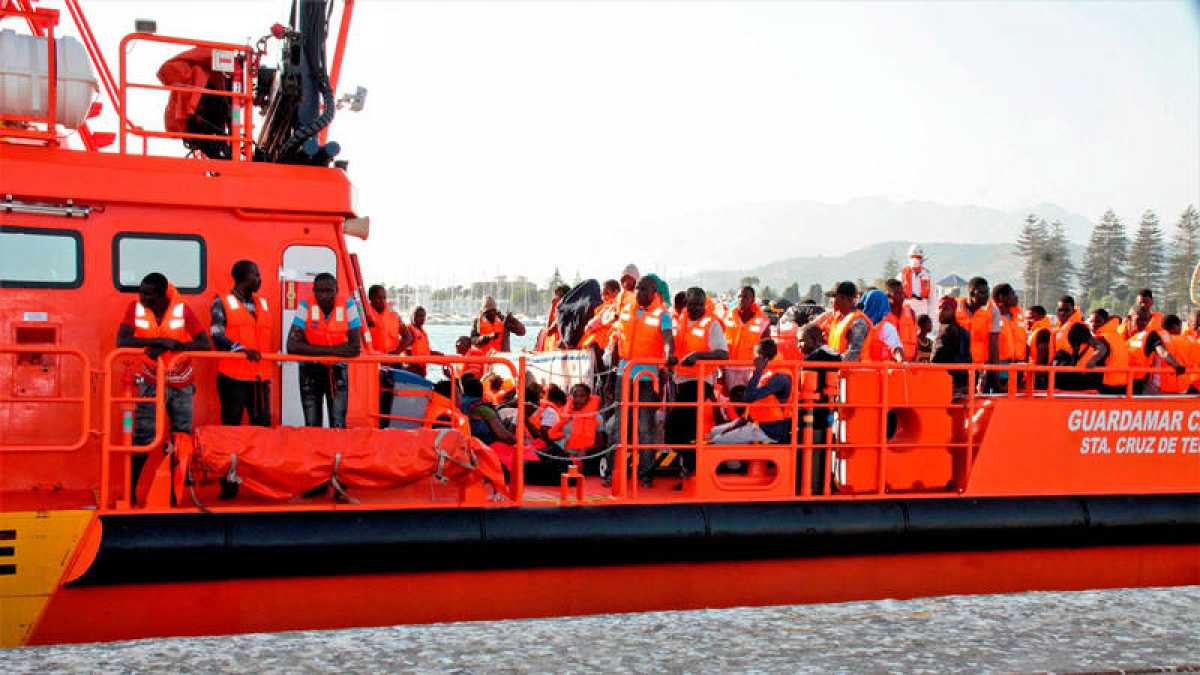
UNHCR interviews with 130 men and women last August revealed some of the causes of migration. Many said they are fleeing indiscriminate violence in the Sahel region, a 5,400-kilometer belt that runs through Africa. Meanwhile, others said the pandemic had worsened their already precarious situation.
“The proportions vary, but more than 30% of these people are from Mali. There are also many Moroccans and people from the Ivory Coast, Senegal and Guinea”, reported Vega. «Most are men, but 20% are women and 12% are children».
Vega stressed that a «good coordinated response» from the local, regional and central governments is necessary. He also argued that interpreters and legal advisers should be assigned to identify, assist and protect people who may be entitled to asylum.
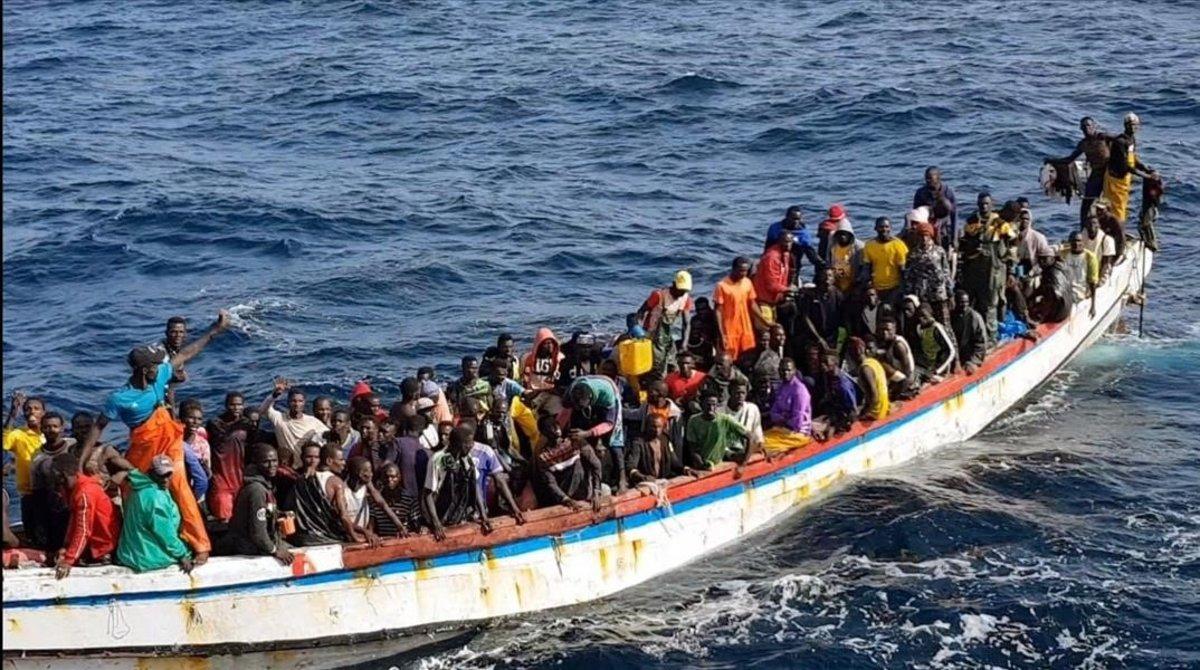
The tragedy of the Mediterranean in figures
The IOM counts the arrival of 11,006 migrants to the Canary Islands since January of this year, about 4,925 in October alone. In 2019, 2,557 migrants arrived in the archipelago, compared to 1,307 in 2018.
In addition, they estimate that 414 people have died trying to reach the Canary Islands so far this year. That number is nearly double the 210 deaths recorded in 2019.
In an interview with The Guardian, Spain’s Secretary of State for Migration, Hana Jalloul, said the problem required a coordinated international response.
«It is clear that everyone realizes that we will not be able to cope with this phenomenon unless we work in the countries of origin», she said. «But we must also focus on the mafias that abuse these people and ‘push’ for a dream that ends in death at sea», concluded Jalloul.
